Craft Capsule: Writing “After”

Cameron Awkward-Rich considers the possibilities and pitfalls of “after” poetry—poetry inspired by or borrowing from another writer’s work.
Jump to navigation Skip to content
Articles from Poet & Writers Magazine include material from the print edition plus exclusive online-only material.

Cameron Awkward-Rich considers the possibilities and pitfalls of “after” poetry—poetry inspired by or borrowing from another writer’s work.

Artist Diane Samuels turns works of literature inside out in a dramatic process of creative rewriting that highlights the intimate relationship between writer and reader in a painstaking homage to the ultimate act of creativity: writing.

Courses in graphic storytelling gain popularity at MFA programs, workshops, and community spaces across the United States.
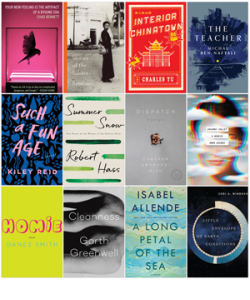
The first lines of a dozen noteworthy books including Cleanness by Garth Greenwell and Interior Chinatown by Charles Yu.
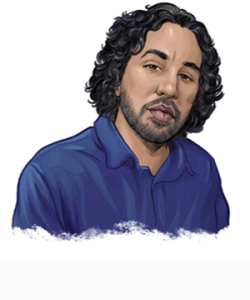
Ten debut poets published in 2019, including Camonghne Felix and Jake Skeets, share their advice, inspiration, and path to publication.
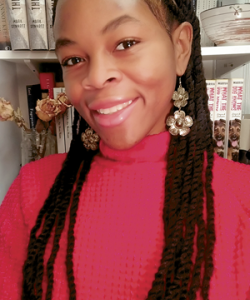
In the first installment of a yearlong series on publishing professionals, three literary agent assistants in New York City reveal the inner workings of a literary agency.
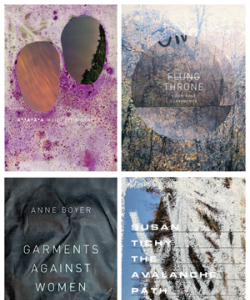
After more than forty years of publishing innovative poetry, Ahsahta Press will shutter in June 2020.
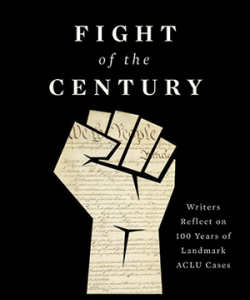
A look inside three new anthologies, including A Map Is Only One Story: Twenty Writers on Immigration, Family, and the Meaning of Home edited by Nicole Chung and Mensah Demary.

Andy Hunter, the cofounder of Electric Literature and Literary Hub, launches Bookshop, an e-commerce platform that promises indie bookstores a way to take back sales from Amazon.
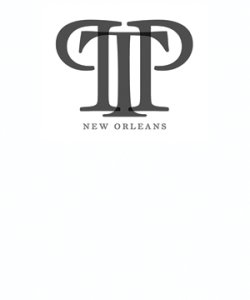
The New Orleans press publishes four or five poetry titles a year in an eclectic range of styles.
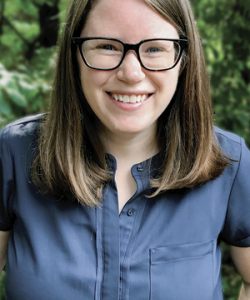
An author recommends five journals that published essays from her debut collection, Dispatches From the End of Ice.
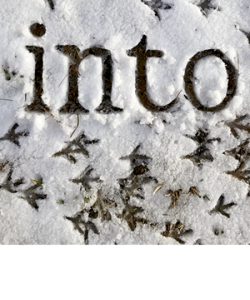
An author tells a fantastical story by writing it a word at a time in the snow.

The fiction writer on the twentieth anniversary of Small Beer Press and the opening of Book Moon, a bookstore in Massachusetts that she co-owns with her husband, Gavin J. Grant.
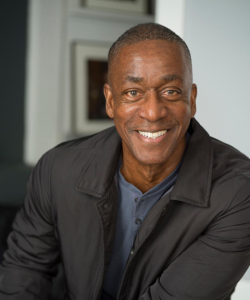
“I had to imagine the life of characters who shared some of my own history but had their own unique ways of being in the world.” —Jeffrey Colvin, author of Africaville
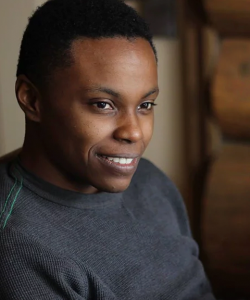
Cameron Awkward-Rich discusses turning archival research—traces of the past—into poems.

“Writing—the writing it down—has increasingly become the least important part of the process. Living in the world of the novel, existing as the characters, viewing the day-to-day from their perspective, is the most important thing.” —Jeff VanderMeer, author of Dead Astronauts

The author of Life in a Country Album discusses her influences, the idea of borders, and her multinational background.

“Sometimes at the end of an eight-hour day I’d have a single paragraph to show for it.” —Dexter Palmer, author of Mary Toft; or, The Rabbit Queen
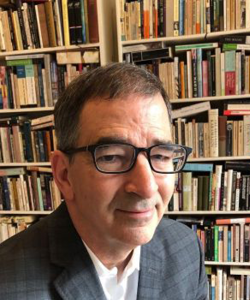
Matt Brogan is the new executive director of the Poetry Society of America. He takes the helm from Alice Quinn, who led the organization for more than eighteen years.
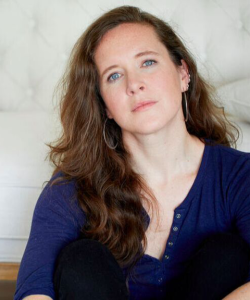
“Much of the book I had no recollection of writing, and it was strange to be confronted with what I’d done, as though I was getting access to parts of my mind I hadn’t known existed.” —Nina MacLaughlin, author of Wake, Siren
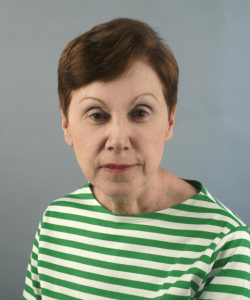
“Don’t be afraid to cut it if it’s not working.” —Elaine Equi, author of The Intangibles
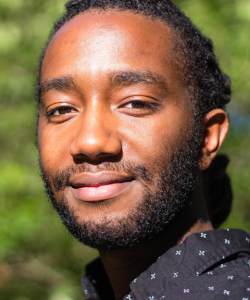
“My preferred notebook is a sharp-cornered, hardcover Roaring Spring black marble composition book with 20# paper, item number 77461, college ruled—I’m a Pisces and need a line to keep me grounded.” —Malcolm Tariq, author of Heed the Hollow
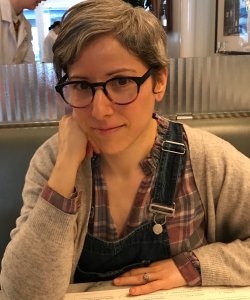
A debut memoirist speaks up about post-publication blues and offers some suggestions for how to cure them.
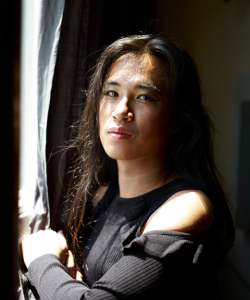
“I don’t trust any readers! And readers shouldn’t trust any writers. We’re all scoundrels, down to the last.” —Kai Cheng Thom, author of I Hope We Choose Love
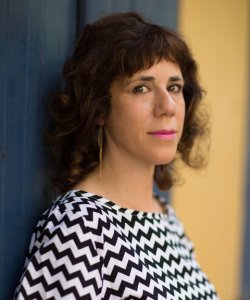
“In college I had a fiction teacher tell me to make every sentence so good that the reader would have to read the next one. So basic and obvious but I needed to hear it.” —Jami Attenberg, author of All This Could Be Yours